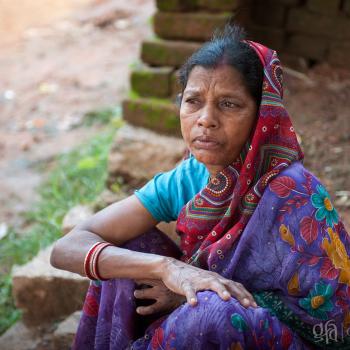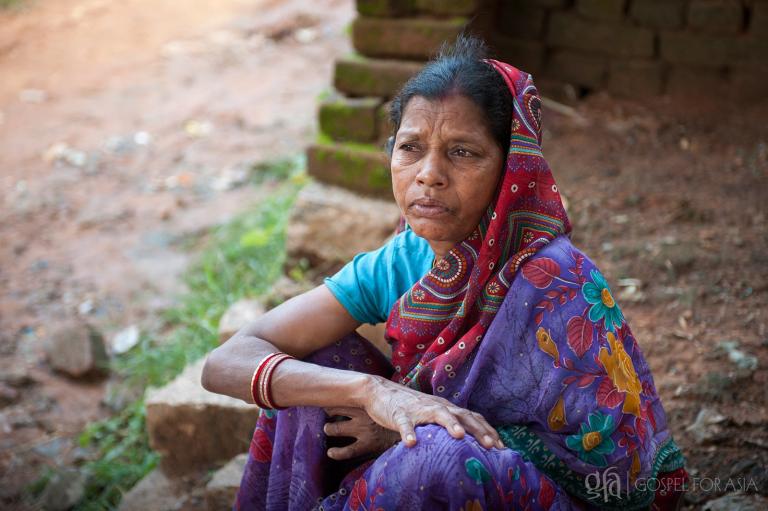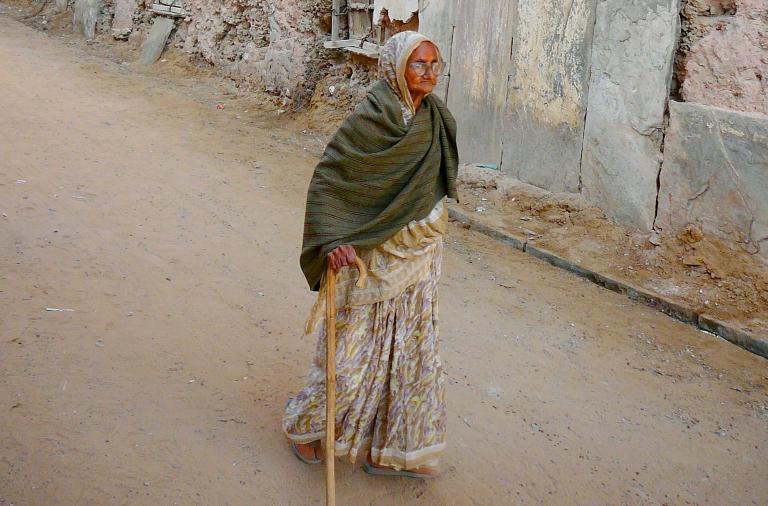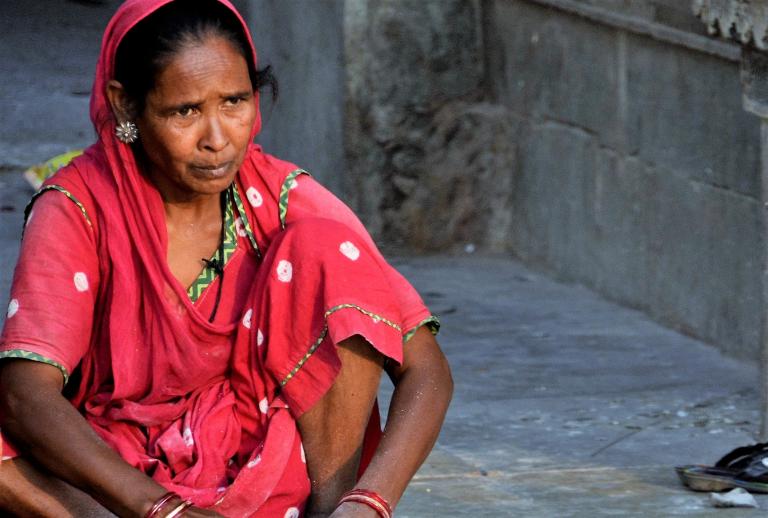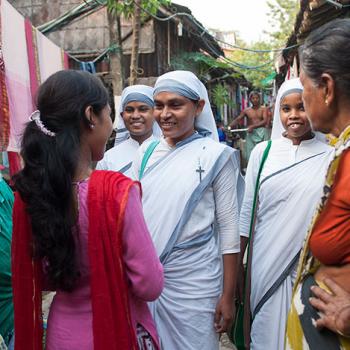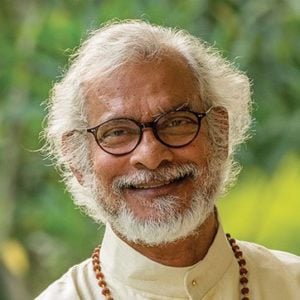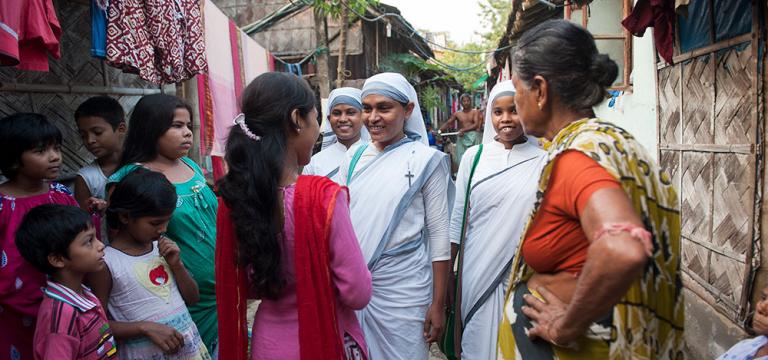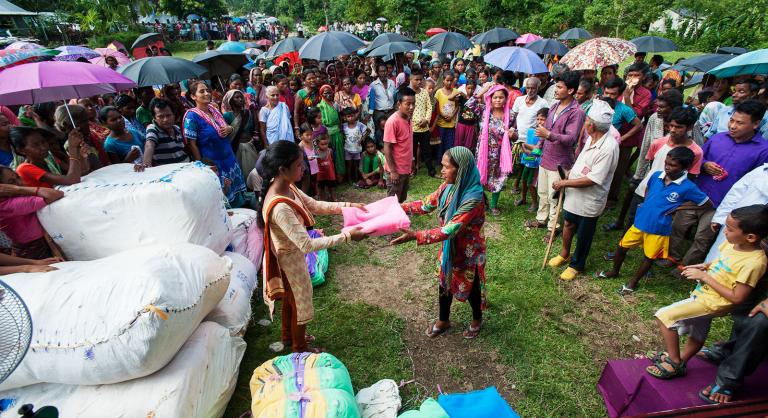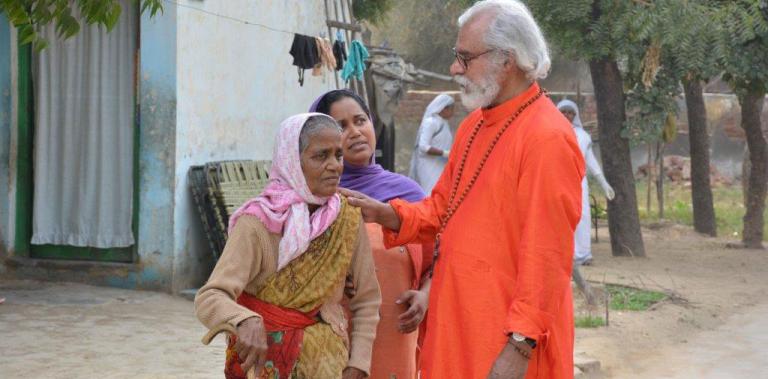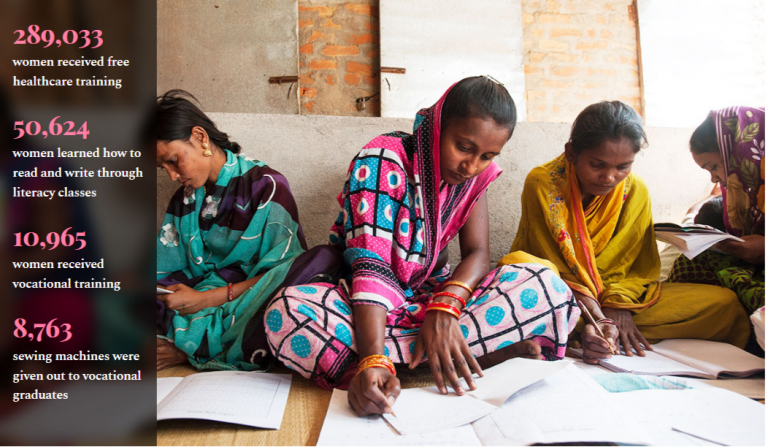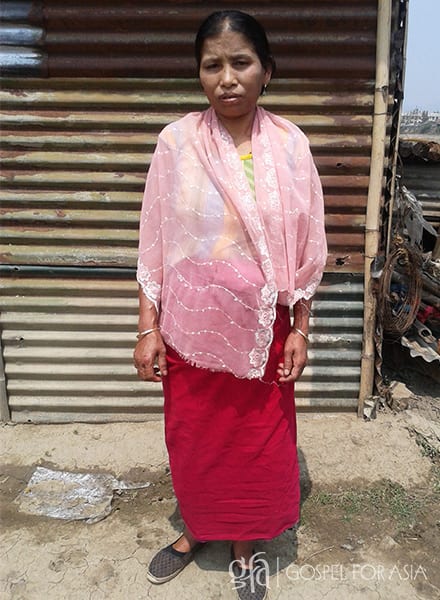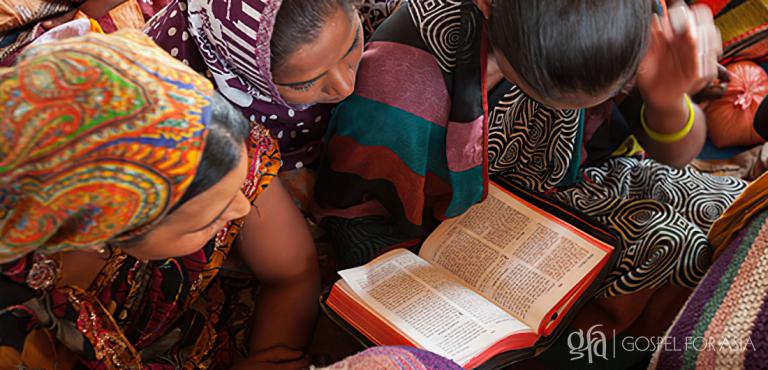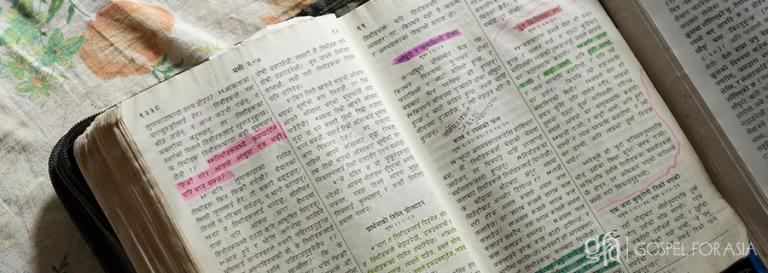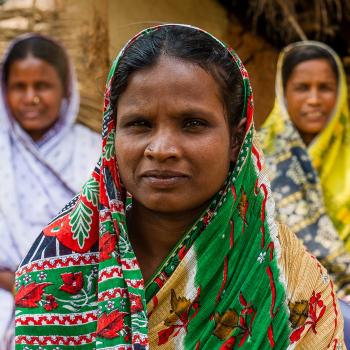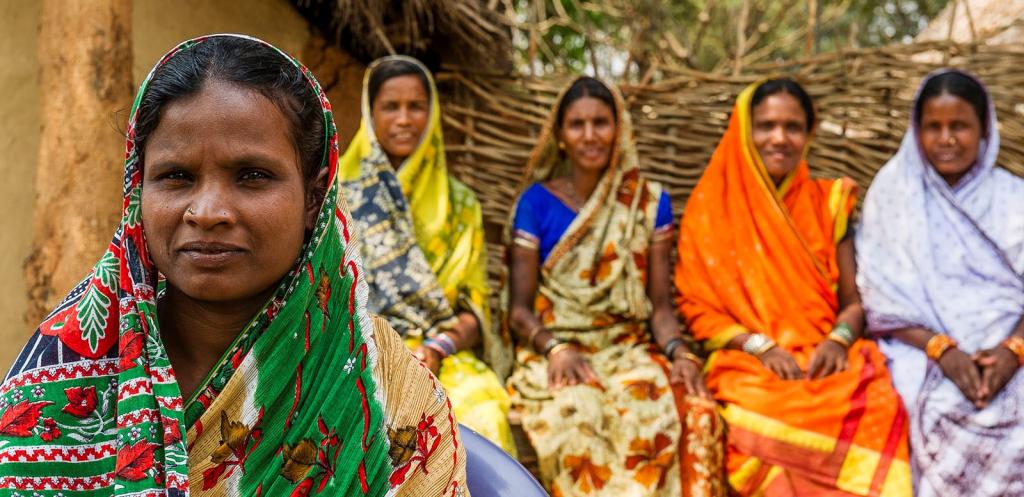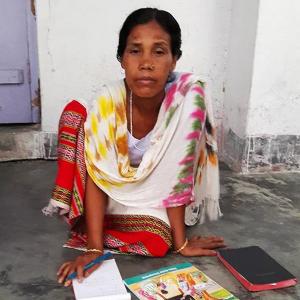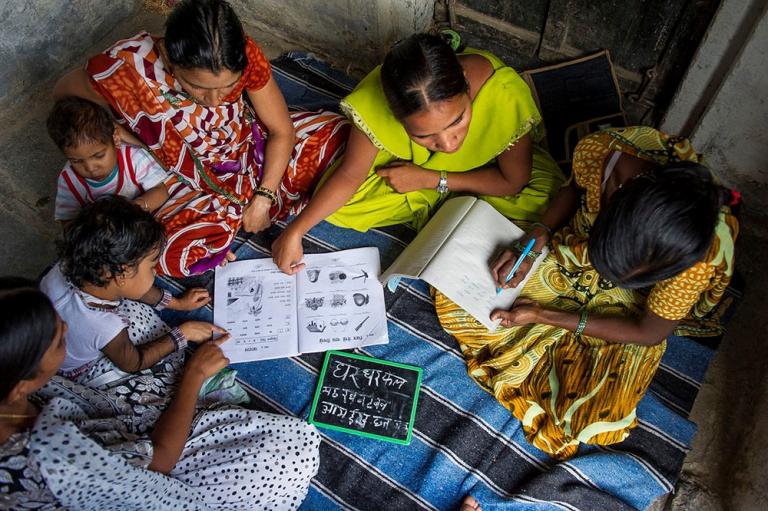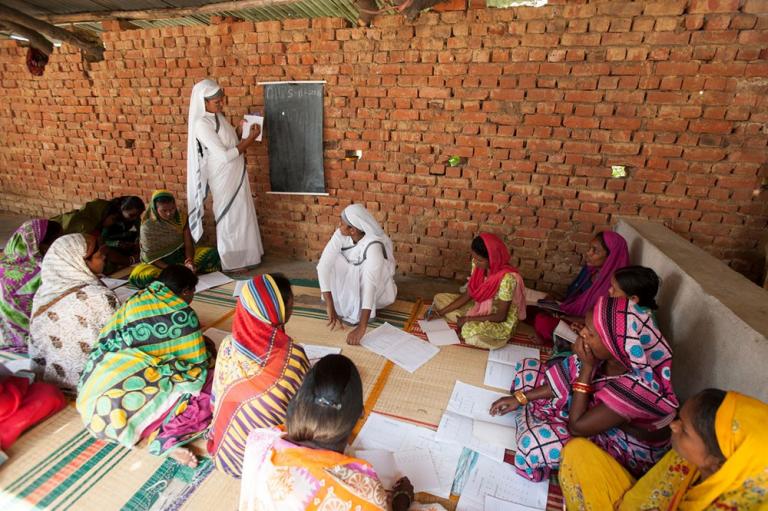It’s fairly well known that in many parts of the world, women are second-class citizens. “Second class” might be a bit generous, considering the shocking treatment so many women face. When a woman has the unfortunate experience of becoming widowed, her standing may plummet further without anyone to help or even care. And she may live that way for the rest of her days.
This is reality for widows in some developing countries. It’s inescapable unless someone steps in to speak out on their behalf, offer assistance and help them find their way back into life again.
God loves and cherishes every person equally. No one has an extra share of that love, especially not because of their sex, social standing or where they happened to be born. As for us, Mark 12:31 says clearly that we are commanded by God to love our neighbors as we love ourselves, and there is no greater commandment.
If only the most vulnerable of women, those who have lost their husbands, could experience the same in their family and community.
Inheritance is a Right for Some, a Myth for Others
Every state in America has established some type of spousal-inheritance protection for both men and women. Those protections vary, and they’re quite complicated. But the meaning is clear: Just because a husband or wife didn’t leave a will or get around to writing their spouse into a will doesn’t mean the spouse will inherit nothing. In parts of Asia and certain developing countries, that is not the case.
In Nigeria, there is no pretense of support or inheritance after a woman’s husband dies. She is, according to The Africa Report, essentially the property of her husband. As property, she has no right to inherit anything upon his death.
How should these forgotten women survive? Tragically, many of them have no one to turn to for help.
Where There’s No Will, There’s No Way
One of the prevailing threads that run through the fabric of widow inheritance is the existence, or not, of a will. Legislation may plainly state how and how much a widow may inherit from her deceased spouse. With an existing will, she still has little chance of inheriting.
It doesn’t matter how clearly a will was written or who affirmed it. Tradition, not law, tends to govern who receives property. And tradition holds that male heirs take all, especially the eldest male heir.
It doesn’t help that many countries have laws that further restrict equality, inheritance and property ownership rights for women. A 2016 report by The World Bank explains that 155 of the 173 economies studied impose restrictions on women that don’t exist for men.
Without a valid will or testamentary document in place, a widow may be fully without hope. It doesn’t appear to matter what a court has held in the past or what legislation demands. If she’s lucky, her family will take her in (after first taking away her property). But even then, her life may become one of servitude. That’s true, regardless of whether she is a young woman or if she’s elderly and in poor health. Too often, elderly women face the most abuse at the hands of their adult children or extended family.
Life is already difficult when a spouse dies. Imagine, if you can, having life transformed in such a way that rights cease to exist, and the most basic necessities of life must come from a person kind enough to care.
Now imagine being blamed for all of it.
In Some Cultures, Women are Accused of Their Husband’s Death
What might happen in the United States if, on a man’s deathbed, his doctor turned and told his widow that she was to blame? There would be outrage, for certain. The doctor would probably face at least some sort of disciplinary action. Even so, this scenario isn’t as far-fetched at it seems.
Right now, husbands around the world are working in fields, in factories and in any number of jobs. Wives may have their own jobs, or they may be devoted solely to keeping the home and raising the children. Before the day is finished, one of these men may suffer a tragic accident or suddenly fall ill. Maybe he will never come home again. Or maybe he will return, only to die at home later. In parts of Asia, this scenario usually has one ending:
It’s difficult to believe, but it’s true. Certain religious traditions, cultures and social norms have long held that any time a man dies, his wife is to blame. More specifically, her sins are the real cause.
Where women in the Western world may turn to family and friends for love and support, women in other parts of the world may be shunned. They can face harsh treatment. They may be stripped of rights and property for no other reason than a supposed curse or vengeance for their sins.
Some women of any age are forced to beg in the streets just to have something to eat. But even the small charities of passing strangers can’t be counted on; not even if she has small children who are also hungry. If a woman is shunned, people may pass her by in fear, outrage or a combination of both.
GFA Ministers to These Disenfranchised Women
These special women are trained in ministering to and helping the disenfranchised. They aren’t afraid to pour out love to widows who’ve been hurt, neglected and wronged. It’s part of God’s work, and they do it with compassion. Being women themselves, it’s easier for them to minister to those who need them most.
Women’s Fellowship groups also receive support from GFA. Their work includes a range of programs, such as organizing special events for women and the distribution of gifts of mosquito netting, sewing machines, small livestock and much more.
In the care of Godly women, widows find training that can help them earn income. That’s important for a woman living on her own, and even more so for a younger widow with children to provide for. They also find fellowship and support for when the burdens of life as a family and community outcast are too much to bear.
In the presence of God, they learn they are His precious children, no less worthy of kindness than any other person.
Image Source: Gospel for Asia, Photo of the Day
To read more on Patheos on the plight of widows around the world, go here.
Click here, to read more blogs on Patheos from Gospel for Asia.
Go here to know more about Gospel for Asia: GFA | GFA.org | Facebook | Youtube | Twitter


